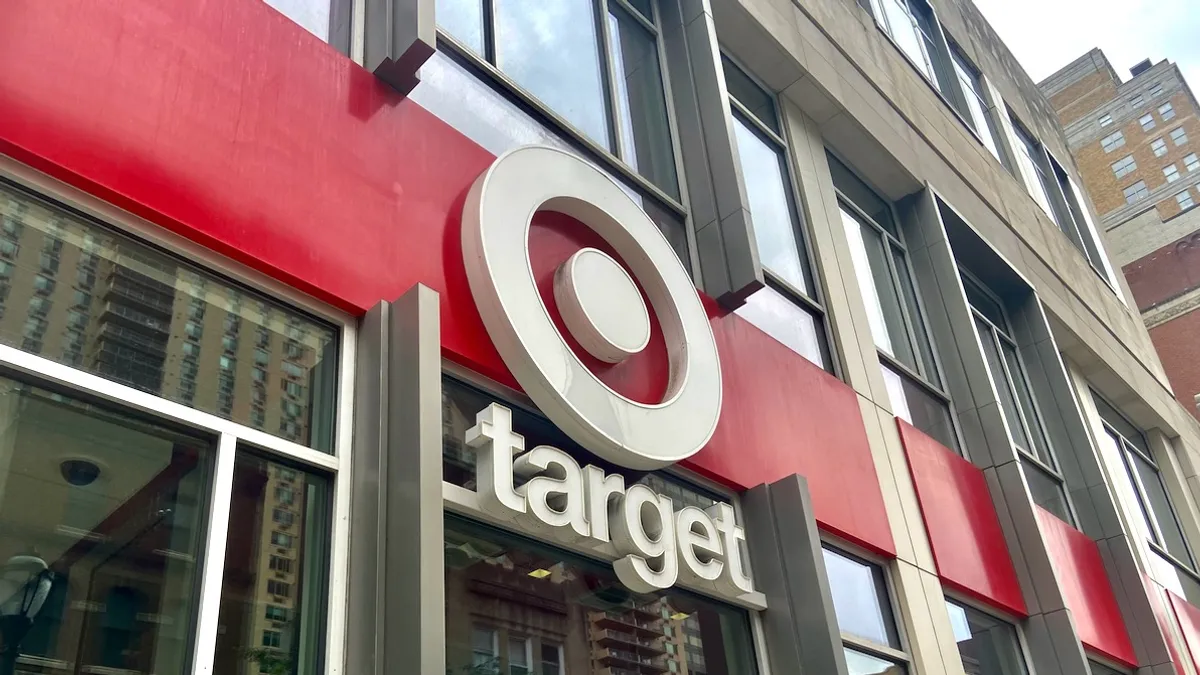CHICAGO — The nature of how customers approach online search is rapidly changing.
The future of SEO is GEO, or generative engine optimization, Ranjeet Bhosale, vice president of digital product management at Target, told an audience at Shoptalk Fall 2025. While a majority of Target shoppers are using a traditional one or two keyword-based search for products online, some are beginning to use longer queries amid the adoption of generative AI.
For example, instead of simply searching for an item, a shopper may type “what’s a good gift for a nine-year-old?”
The focus is now about how retailers can provide shoppers with relevant results within context.
“It’s not just about giving them the right products. It’s also about how you showcase the product,” Bhosale said. “When they are searching for a summer party, rather than just showcasing tableware they are expecting us to now show party supplies, grilled meat, even sunscreen, and show the breadth of assortment that Target carries in a meaningful fashion.”
The big-box retailer is also preparing for agent-to-agent interactions, where a customer asks an agent a question regarding a product, and the Target agent picks up on that query.
“We are getting ready for a world where the guest may not be directly coming to Target.com, but they may be using a shopping assistant externally to browse Target on their behalf,” Bhosale said.
That’s where GEO comes in. “We have to be sure that we are training the agents so that they can understand and represent our products in a more effective way — to the guests that may be outside of our platform, to these third-party agents, or it could be also the agent that we have created for our guests in this particular area,” he said.
Last year during the holiday season Target introduced its Bullseye Gift Finder, a generative AI-driven product recommendation tool that gave personalized product recommendations for kids based on a variety of factors including age, hobbies and favorite brands.
“We saw great adoption,” Bhosale said. Now the company is thinking about how to scale that same capability during other seasonal moments like Valentine’s Day and Mother’s Day.
Recent studies have shown that consumer skepticism is a major barrier to the adoption of AI shopping assistants. But, Target has found that guests are willing to use generative AI if the results they are receiving are relevant and more contextual.
“They are looking for results that they can trust and lean on,” Bhosale said.
















